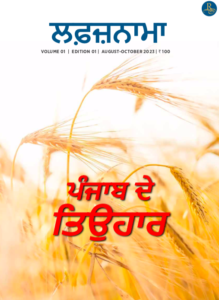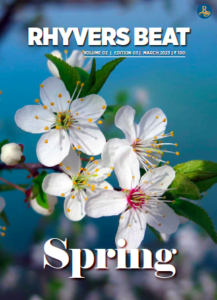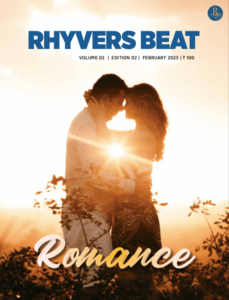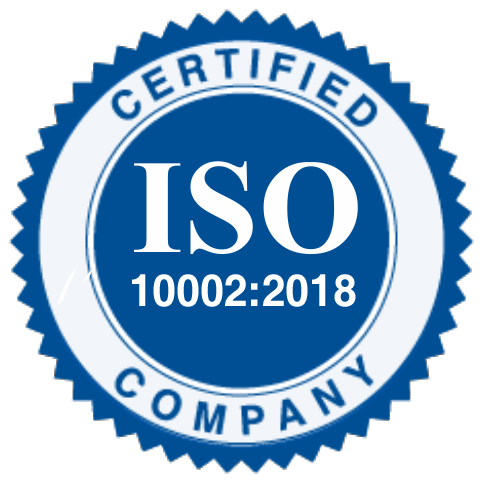HAIKU BLOSSOMS (17) TANKA—The Short Song

DEFINING TANKA
by Denis M. Garrison, Editor, Modern English Tanka
“Tanka” (which is both singular and plural) is an untitled and unrhymed quintain. [In English poetry, “quintains” are five-line verse units, rhymed or unrhymed, of various meters and forms, or unmetered free verse. Quintains are usually heterometrical, but isometrical quintains are possible, e.g., blank verse.]
DEFINING THE FORM
Speaking for myself, although I occasionally write tanka following the set form or the looser form, I do not believe that the relative length of lines need be regulated. In fact, while Japanese tanka are regularly isometrical (different length lines, viz., always a proportion of 1:1.4), an English tanka could be heterometrical (all five lines of the same length). In practice, most tanka in English are irregularly isometrical. Concomitant with that fact, most tanka in English are less than 31 syllables in length, sometimes even less than half that length.
My personal definition of English tanka is that it is “five phrases on five lines.” It is essential that the five phrases be cohesive, not just a list. The five lines must be integrated into a unified poem. The fifth line should be a strong line; the strongest.
PIVOT LINE
published in Simply Haiku, May 2006.
the brief cloud of snow
as an axe strikes this oak
a staggering blow
after his diagnosis
I can’t hear the doctor’s voice
Note how “a staggering blow” reads with lines 1 and 2 (the blow of an axe), and how it reads with lines 4 and 5 (the blow of bad news).HAIKU & COUPLET
Back to my personal definition of English tanka. Add to “five phrases on five lines” that use of a pivot line is a very useful ( but not mandatory ) technique. The most popular modern Japanese tanka poet, Machi Tawara (“Salad Anniversary”) has proposed two other criteria for tanka that I believe are very useful but still not mandatory.
First, she notes that virtually all tanka are written in the first person. Second, she suggests that a tanka cannot convey a whole story, it must be the “middle of the story.” I think that even in English tanka, the majority written are in the first person, whether explicitly or tacitly. The resemblance of tanka to personal journal entries has long been noted. But not all are such, at least in English. Likewise, the “middle of the story” criterion is usually true, but there are poems where it is hardly applicable. Both are good rules of thumb to remember and to use when they will work well.
CONTENT
Tanka may be beautifully lyrical poems, often about love, loss, longing, and similar aspects of our emotional lives, sometimes making a connection between some aspect of nature and some aspect of human nature (usually, emotions). We need not limit the subject matter or style of tanka so narrowly. Many styles and subjects have yet to be explored in tanka, and should be. Social criticism surely works in the tanka form, for just one example.
KYOKA
There is a category or subset of tanka, satirical tanka called “kyoka.” It means “mad poems.” This is a similar relationship to that of haiku and senryu in some poets’ opinion, making a split between natural and human subjects. Tanka are really mainly about human subjects, so it does not work, in my opinion. I believe that the original kyoka were ‘anti-tanka,’ the flip side of the genre of tanka which cannot exist without true tanka to reflect in a distorted mirror. I surmise that the same process that led to non-haiku spinoffs, like haiku noir, and accidentally included many senryu, is beginning for tanka with the rising interest in kyoka, per se. However, tanka has a larger palette with a broader spectrum of colors than does haiku and does not need a senryu-like shadow version. I think kyoka, no matter how satirical or rude, are a variety of tanka.
SUMMARY
of poetics are not for writing the poem; the rules are for forming the craft of the poet. Everytime a poet puts pen to paper, poetry is reinvented – or should be!”
it, and you have a fair summary of some other prevailing opinions on tanka’s definition.
So, now you have enough context to begin your own studies, to begin forming the only
opinion that ultimately matters—your own.
— Denis M. GarrisonThis document was first published online in 2006 at www.tankacentral.com.
This document is version 2. August 10, 2007
Copyright © 2007 by Modern English Tanka Press. Baltimore, Maryland, USA.
This work is licensed under a Creative Commons Attribution-No Derivative Works 3.0 United States License.
rust
on musk thistle . . .
how long until
I’m more my illness
than myself
Robin Anna Smith
Middletown, Delaware
the wet dog smell
of a small town
junk shop
something i didn’t come in for
finds me
Alan Peat
Biddulph, United Kingdom
night owl
the silent swoosh
of a turned page
as I scribble the shapes
of another unfinished poem
Suraja Roychowdhury
Lexington, Massachusetts
The Tanka Society of America has valuable resources on this form and I urge you to visit their website and explore the insightful articles posted there.






